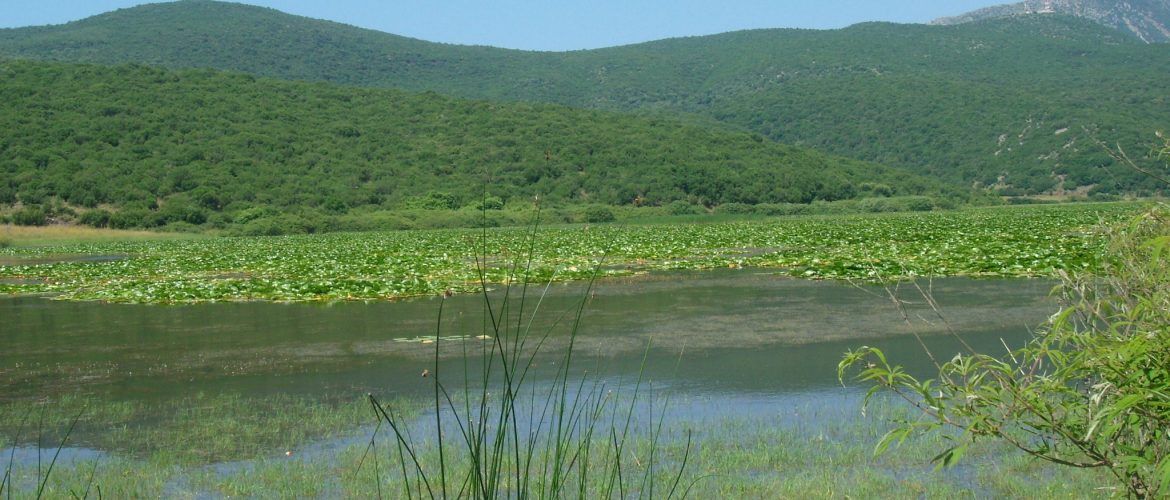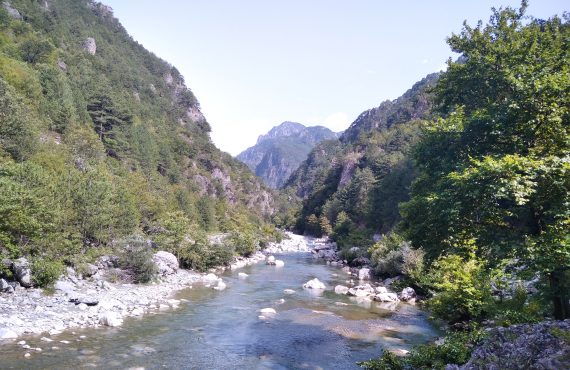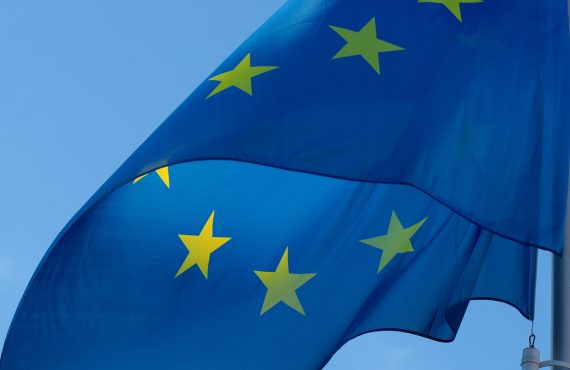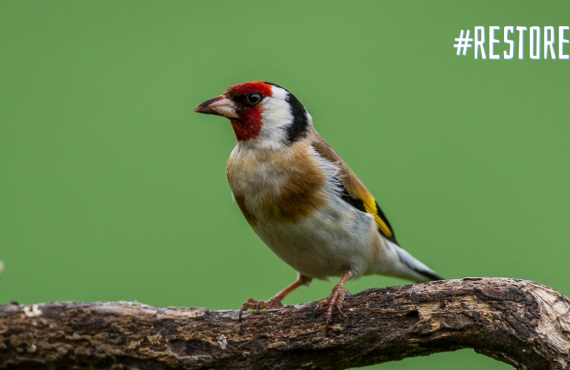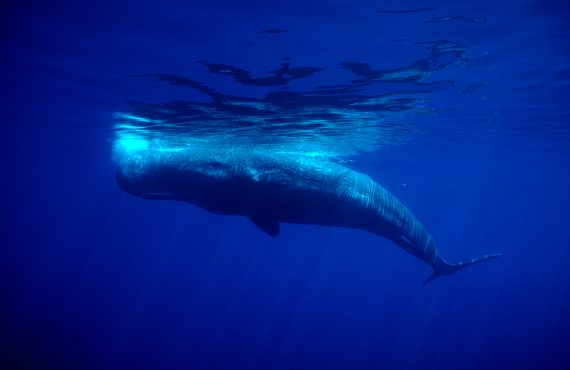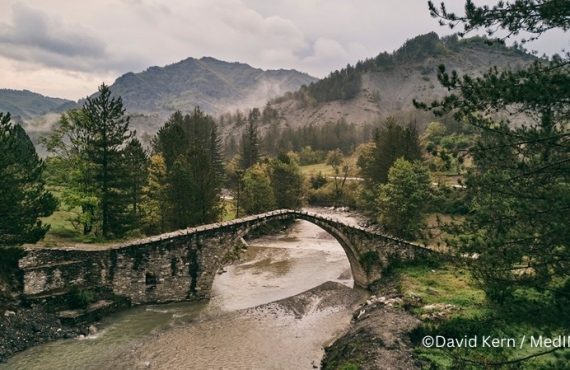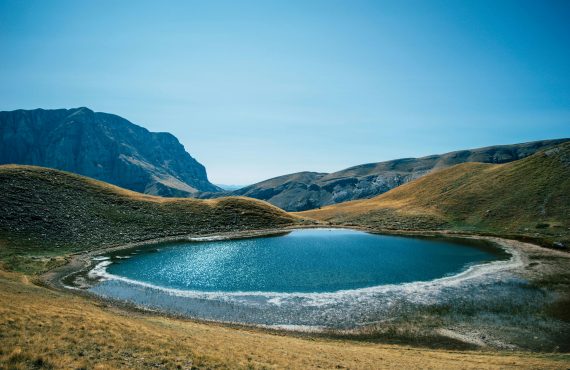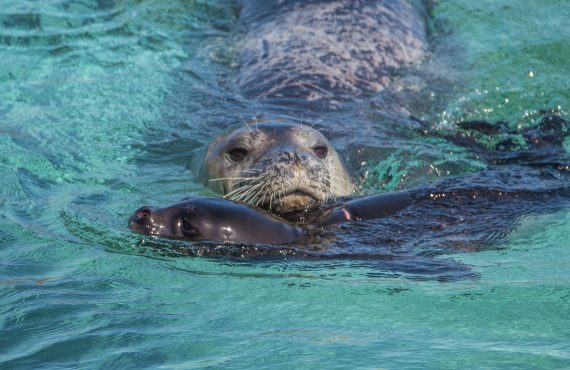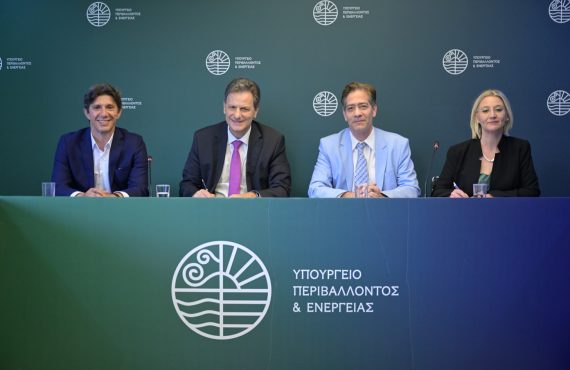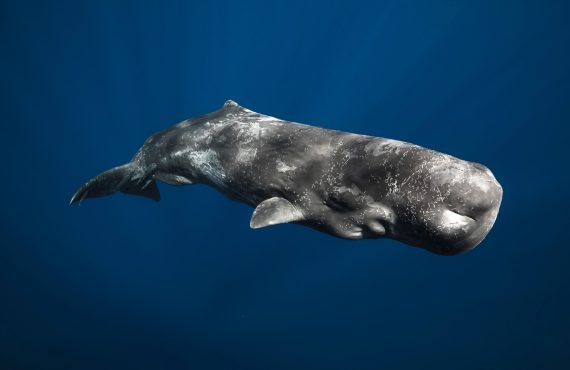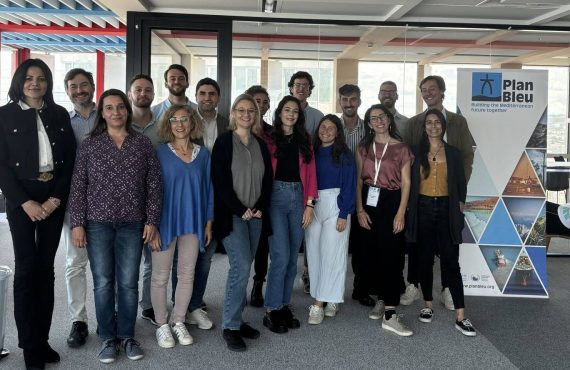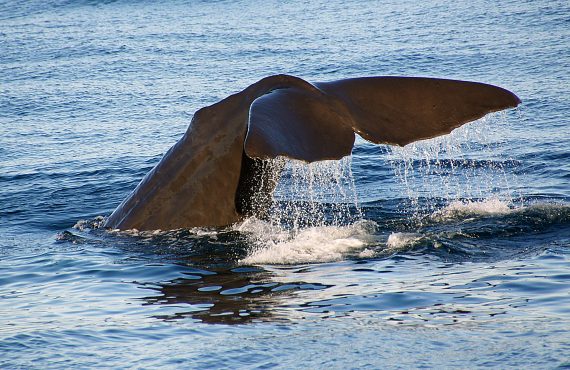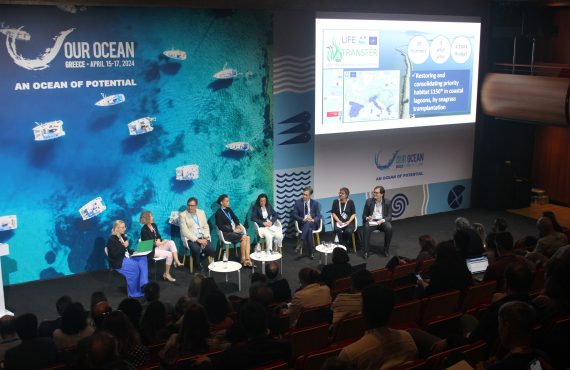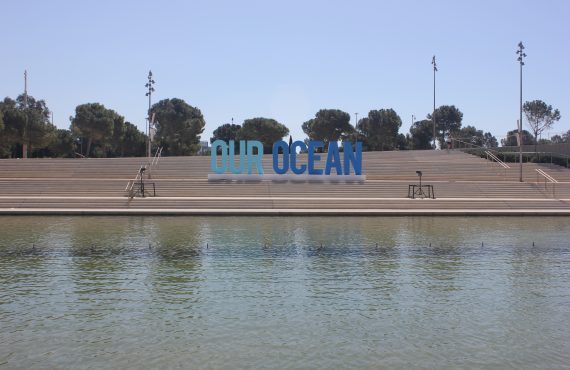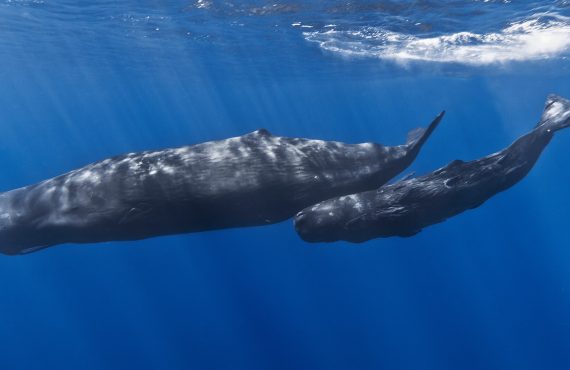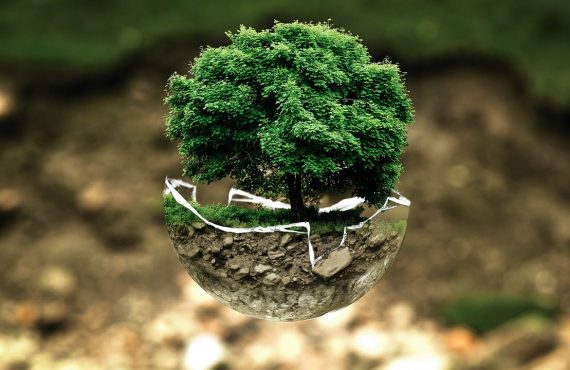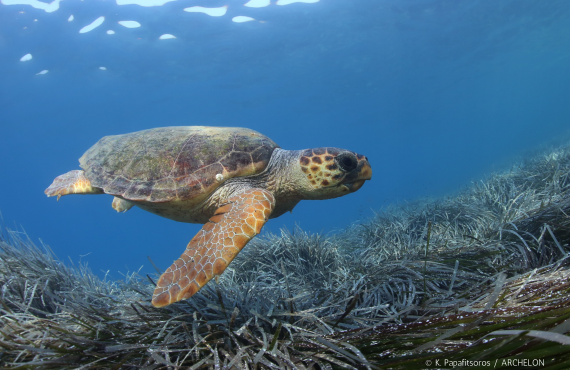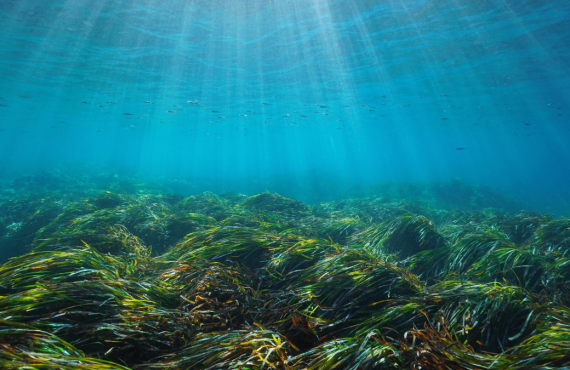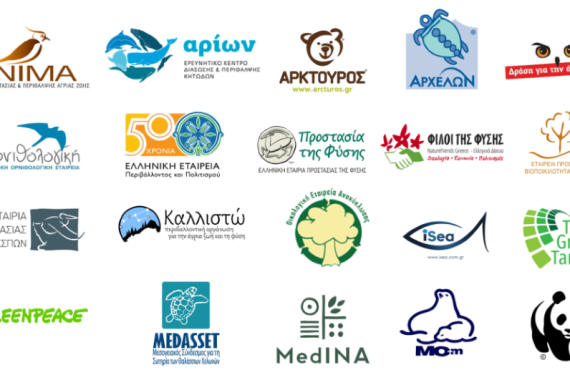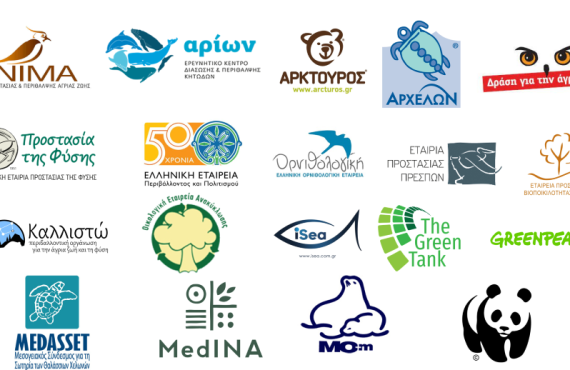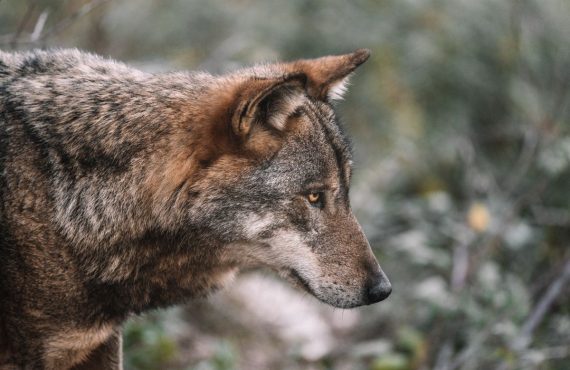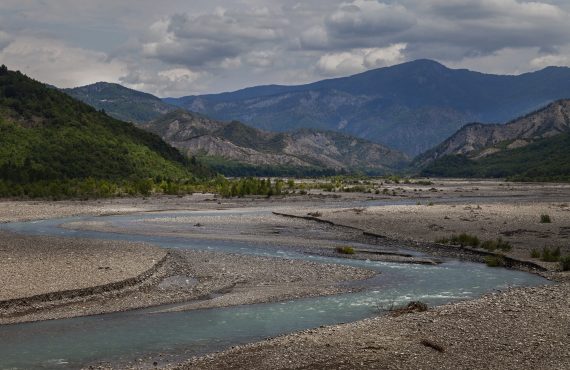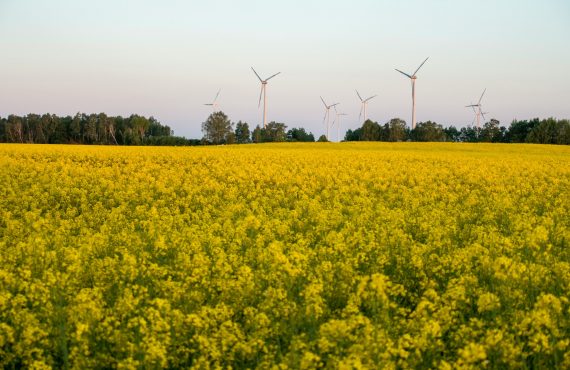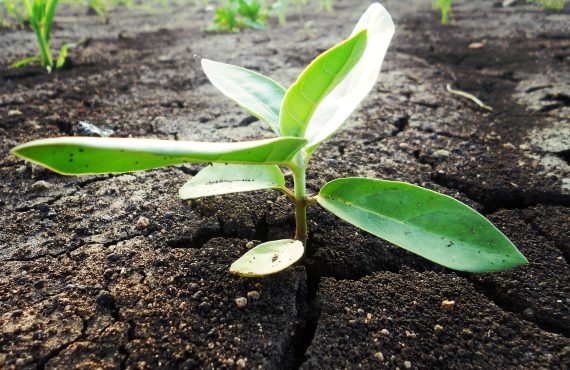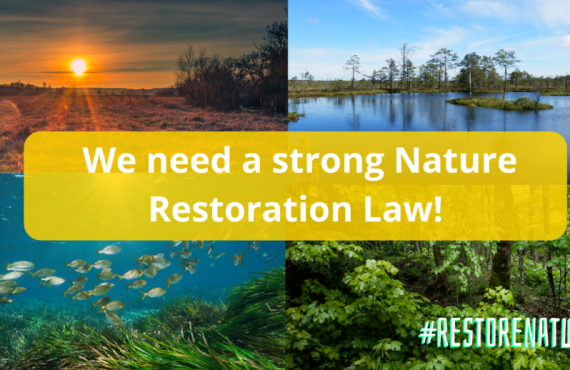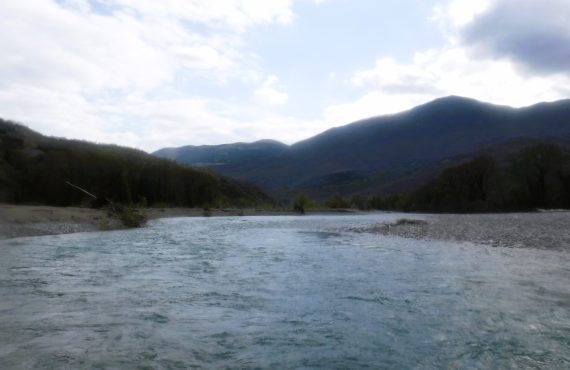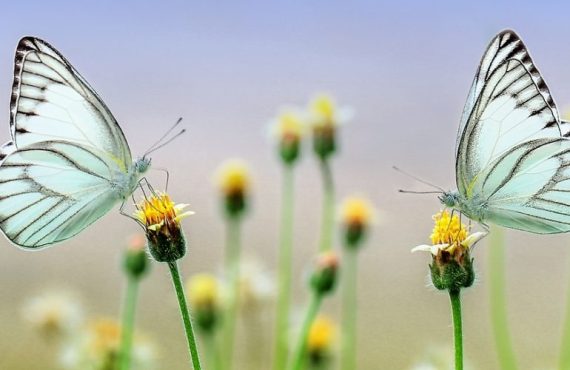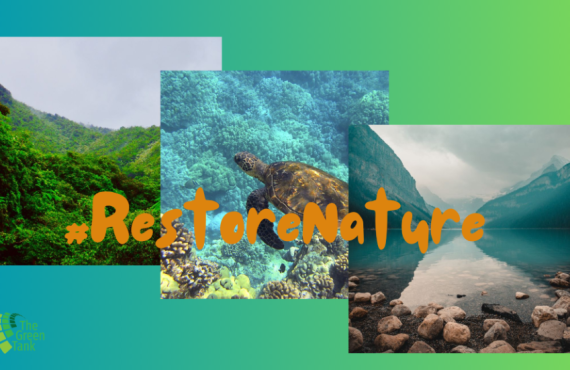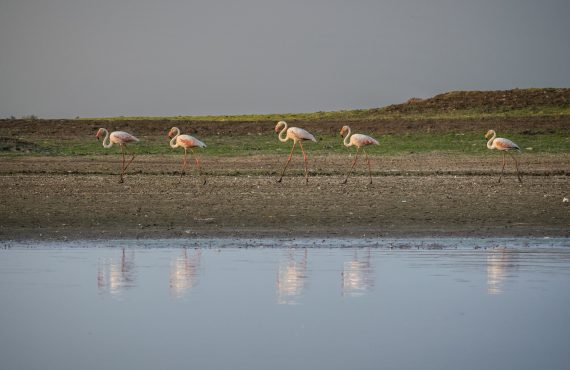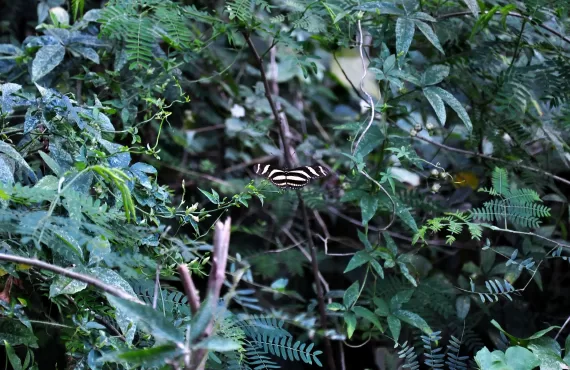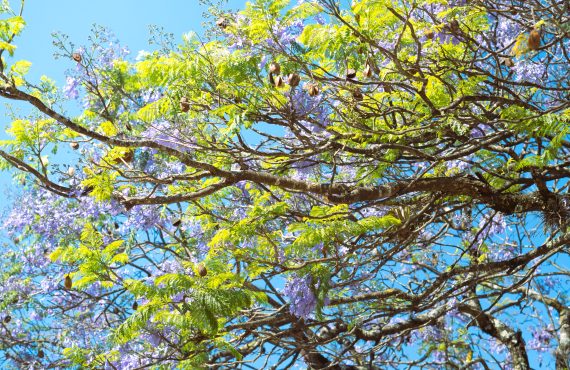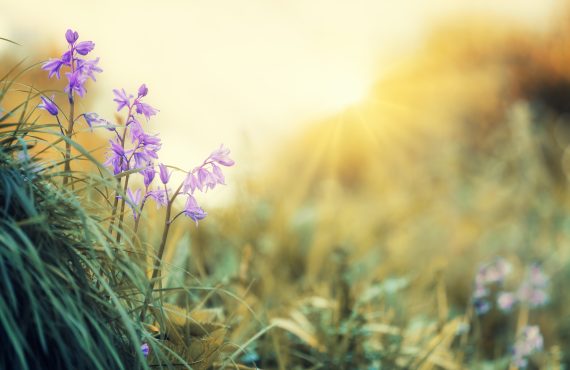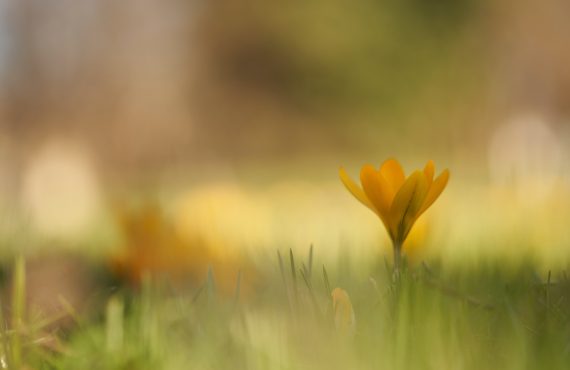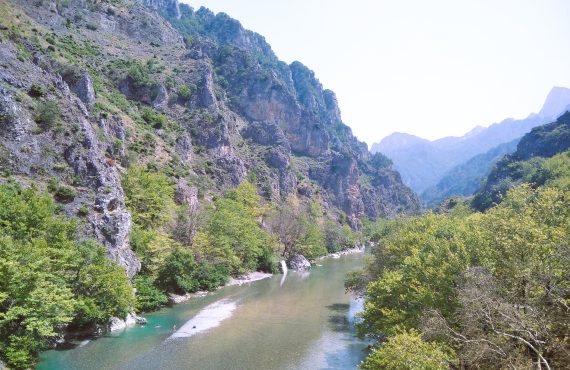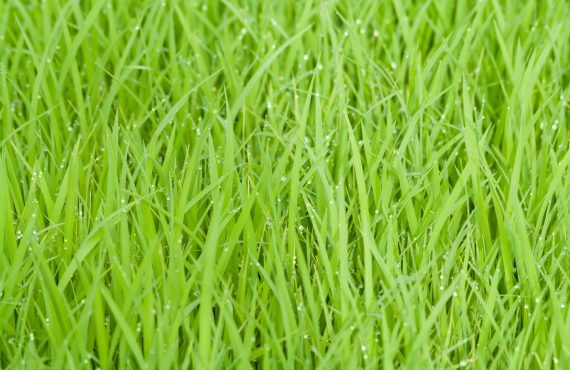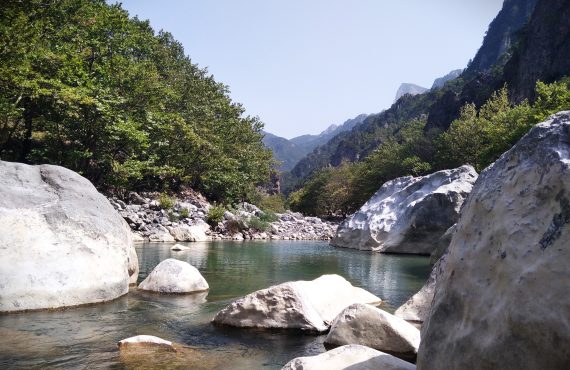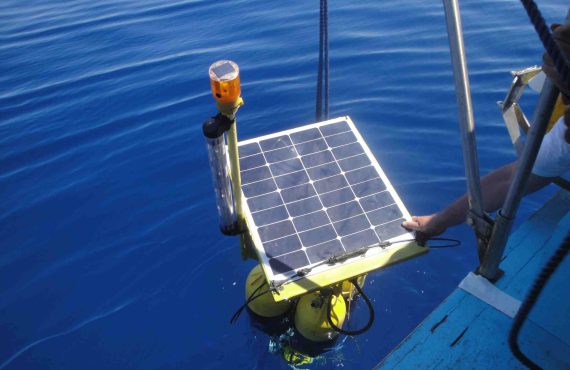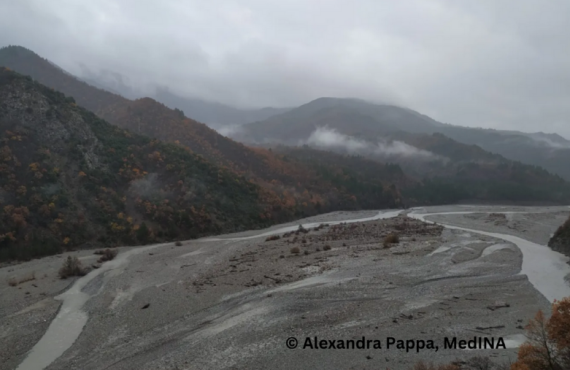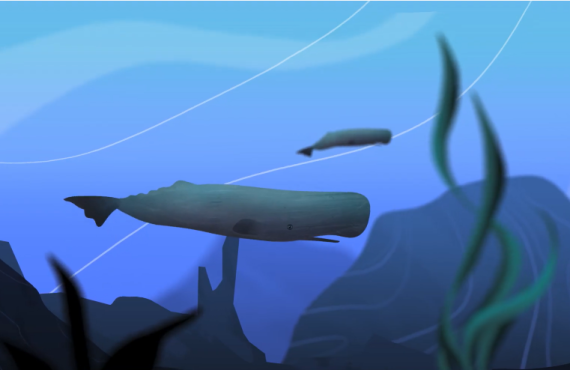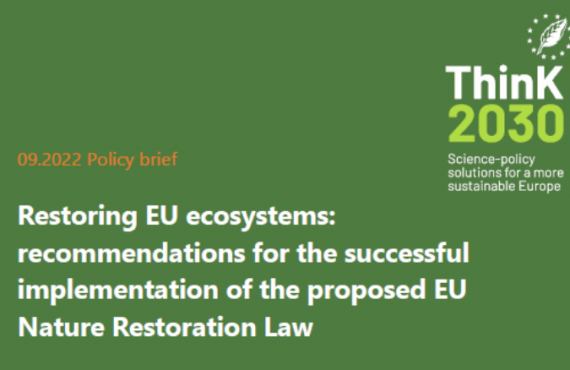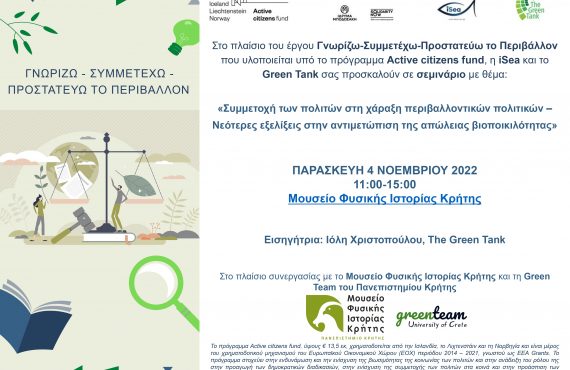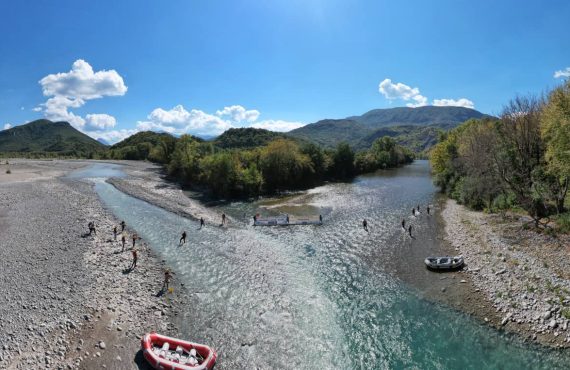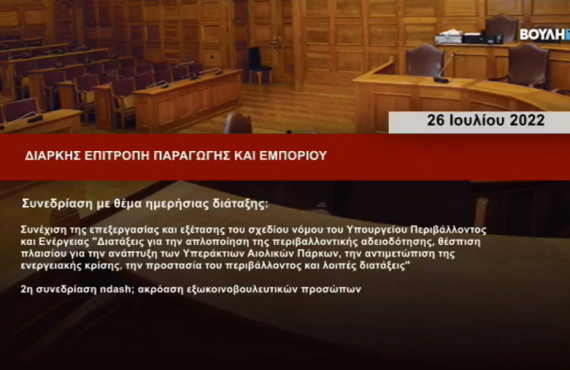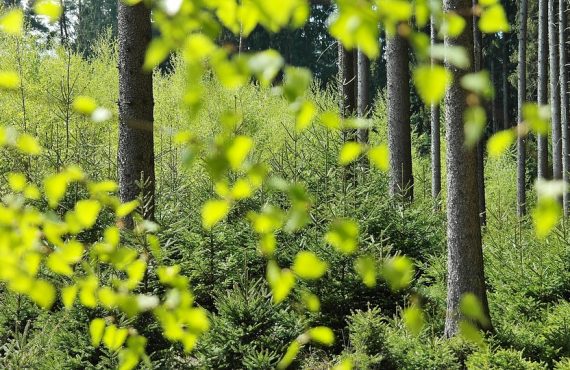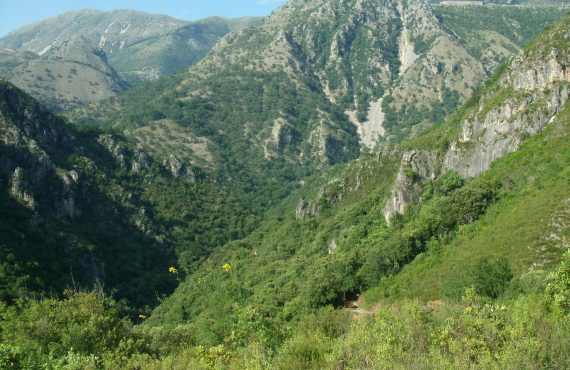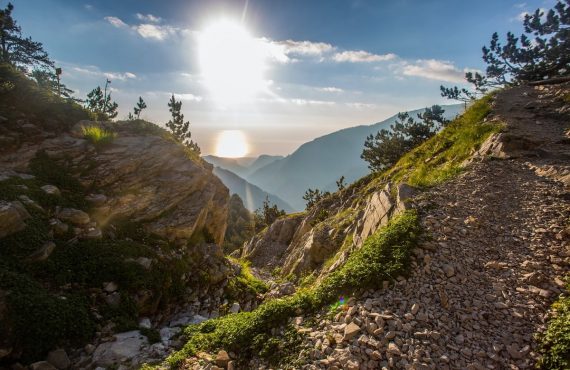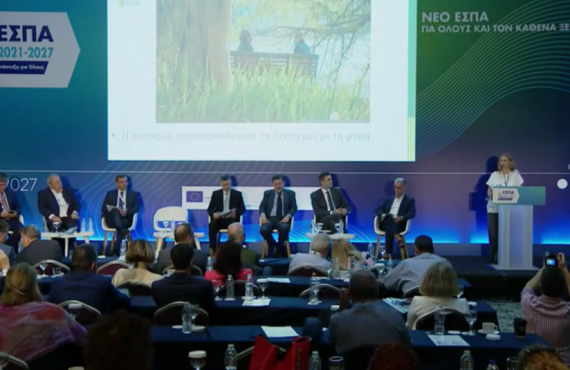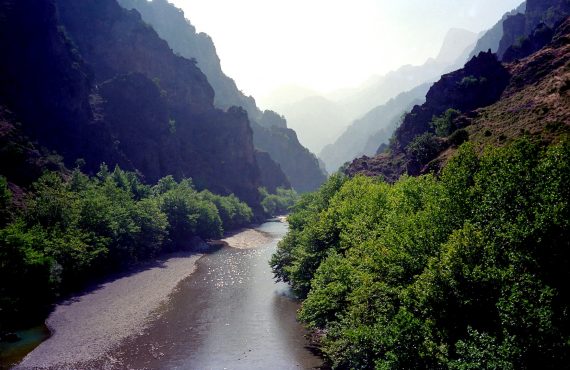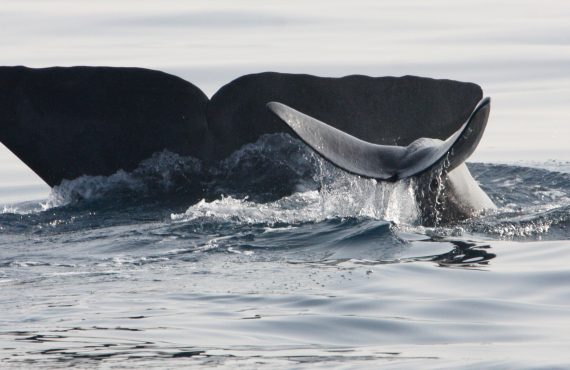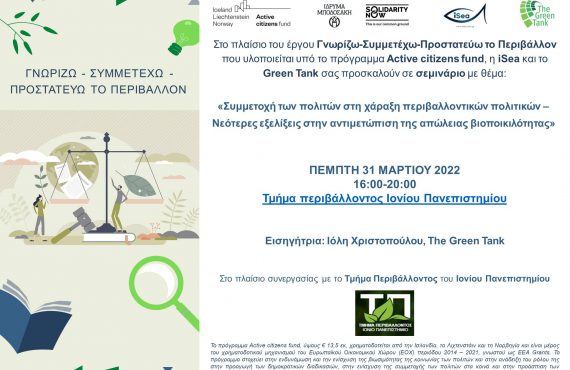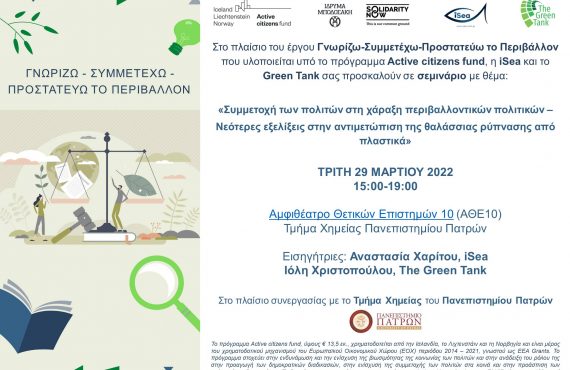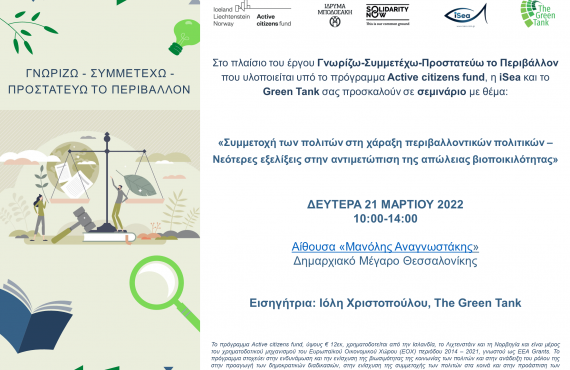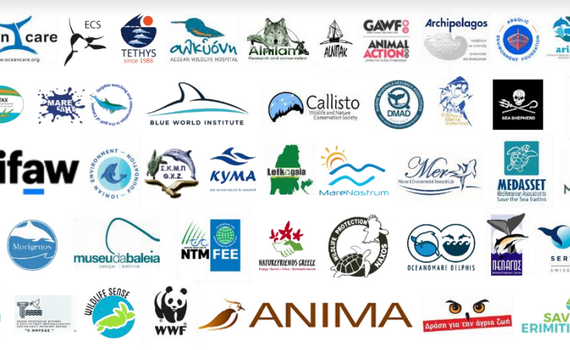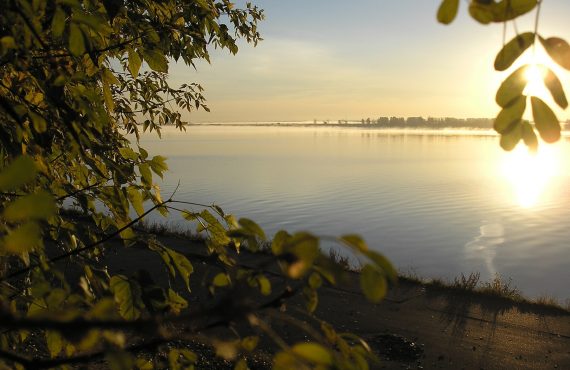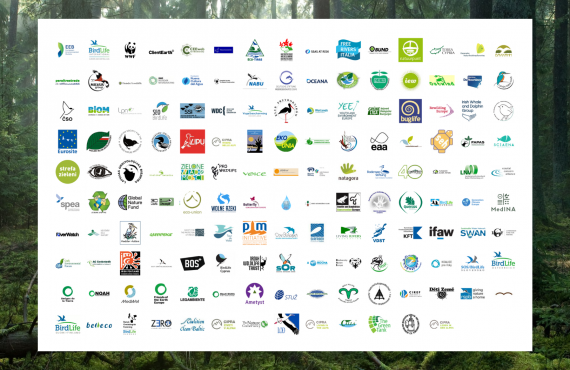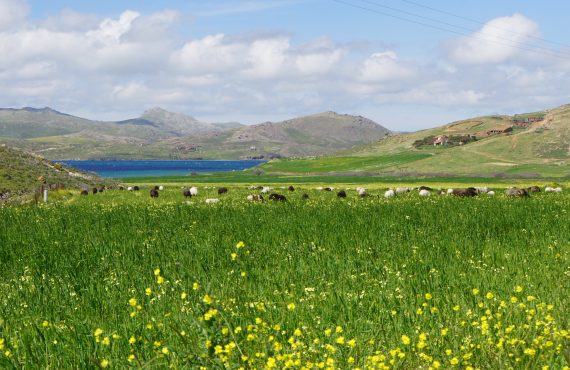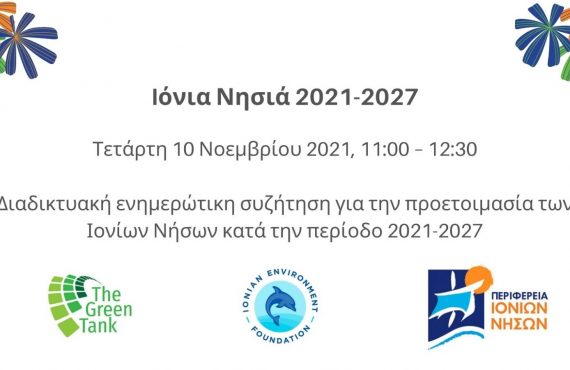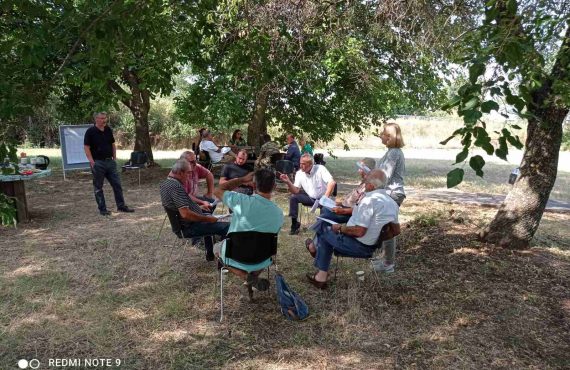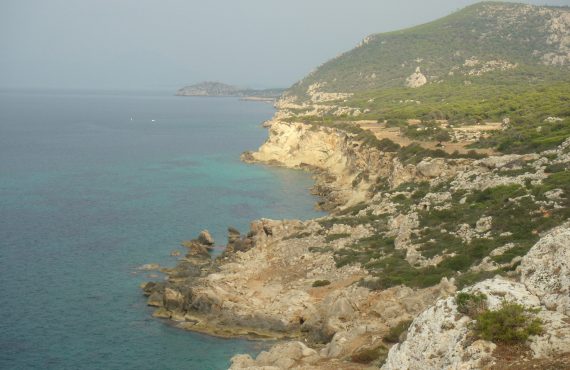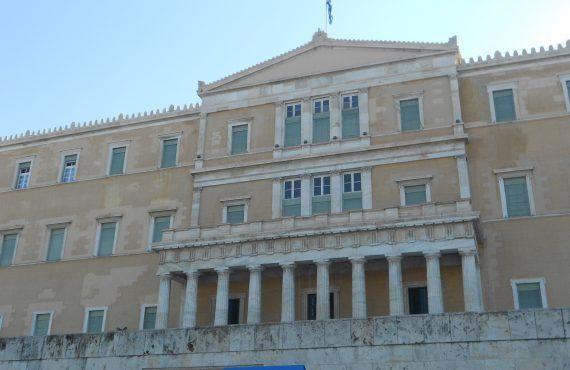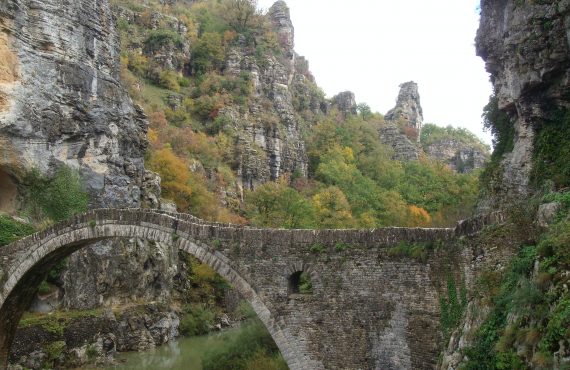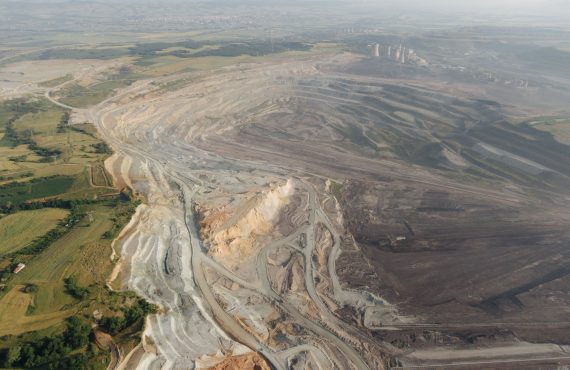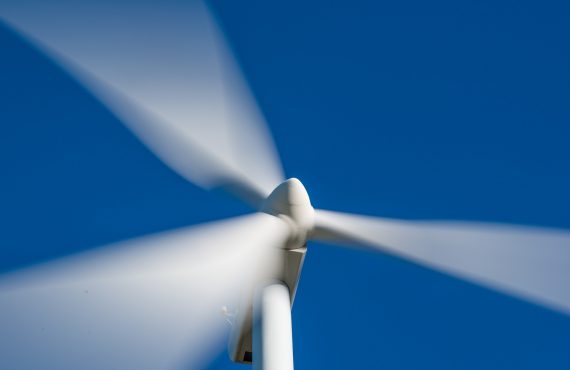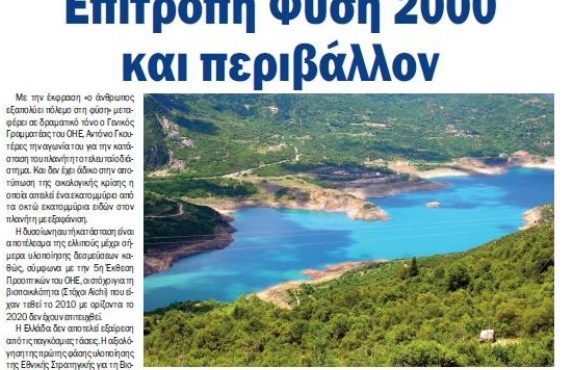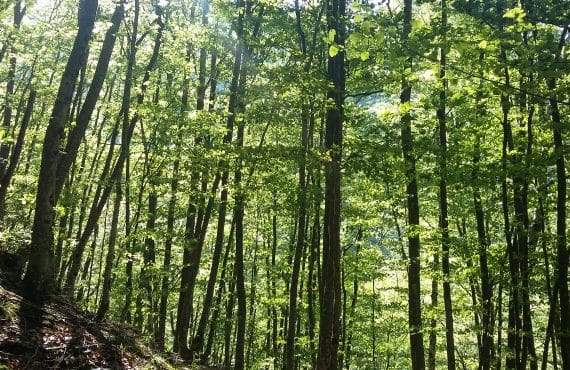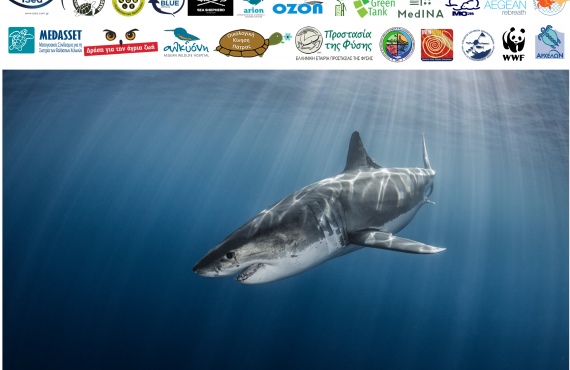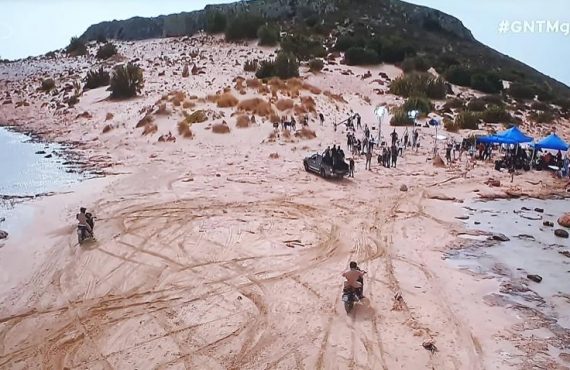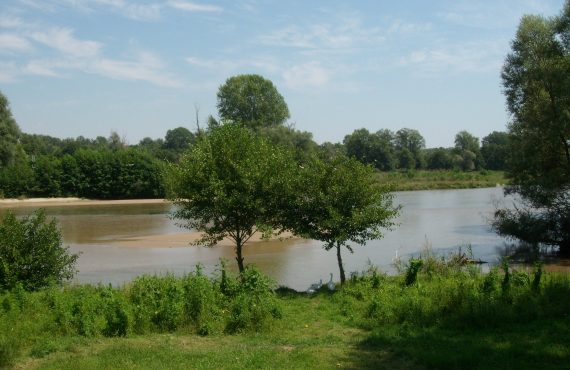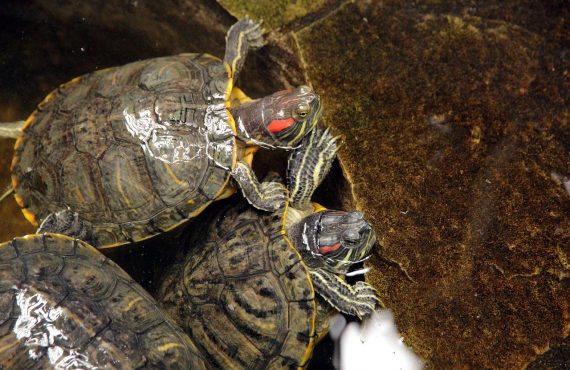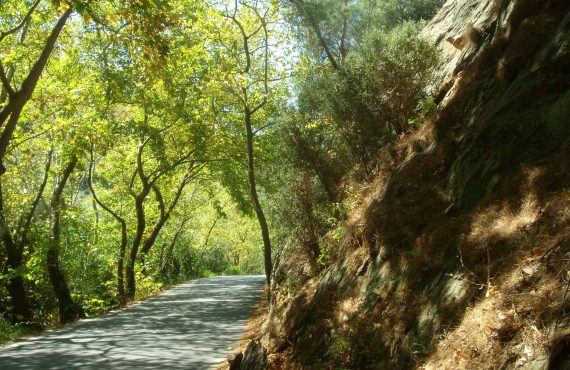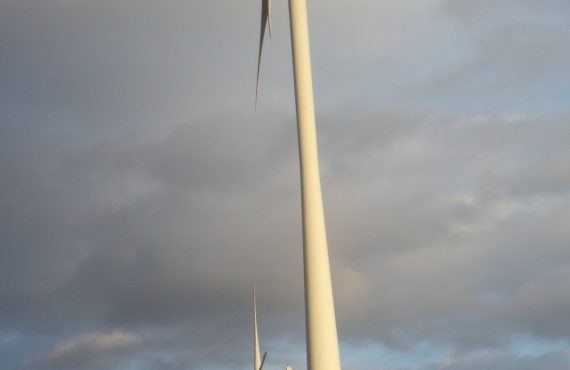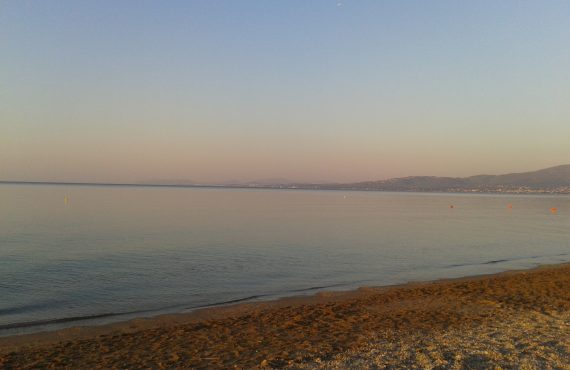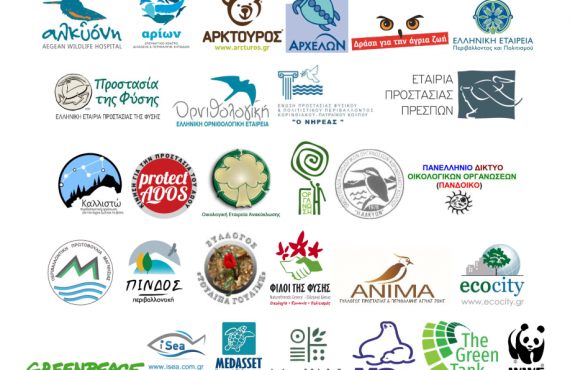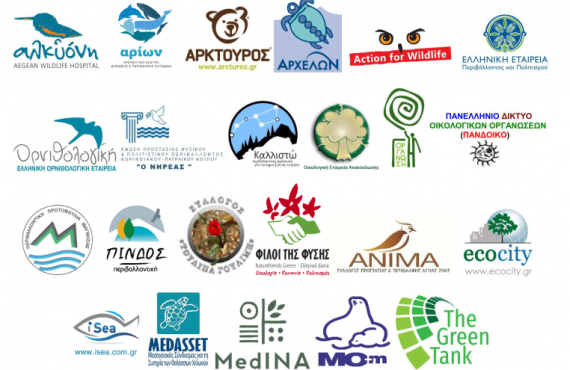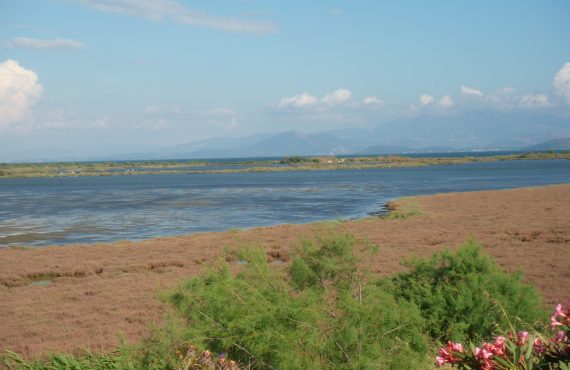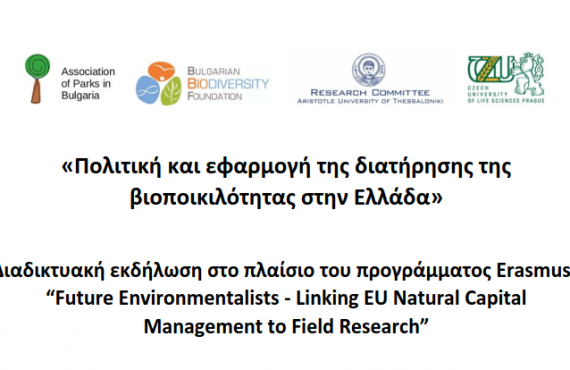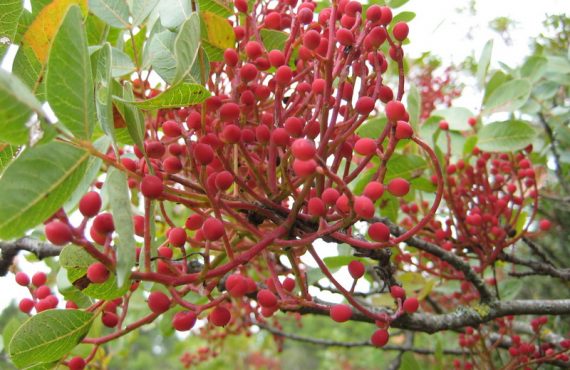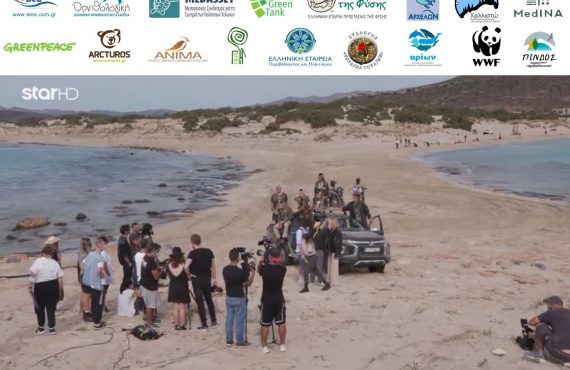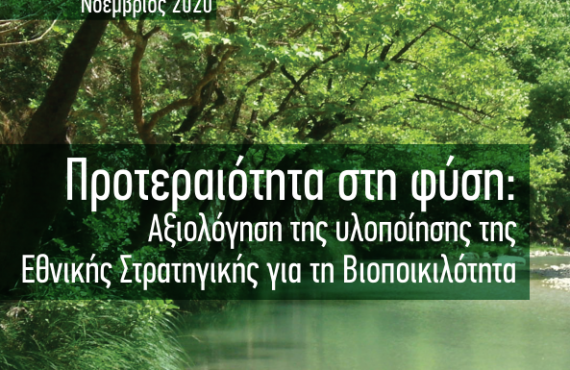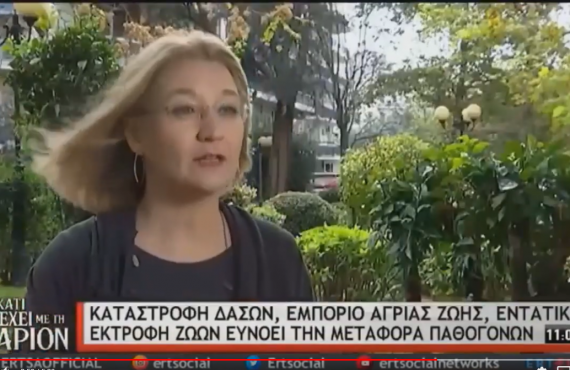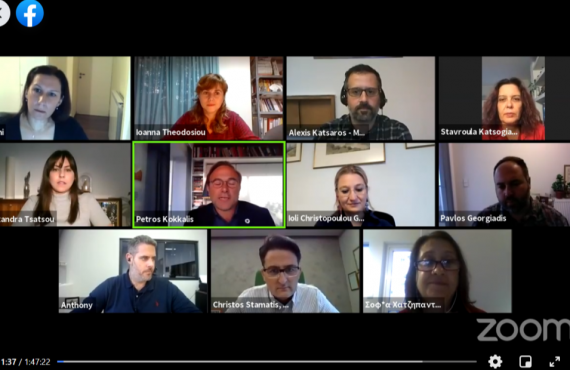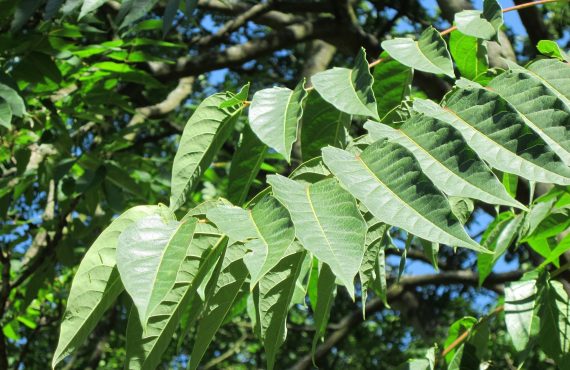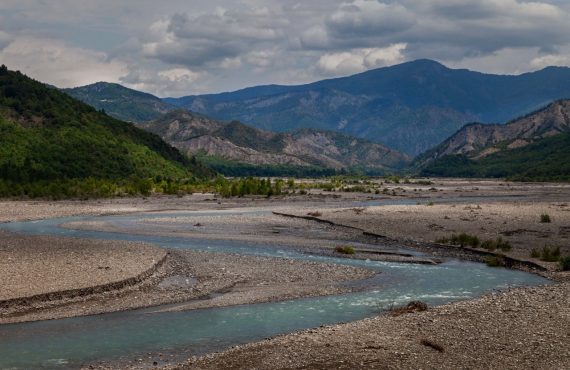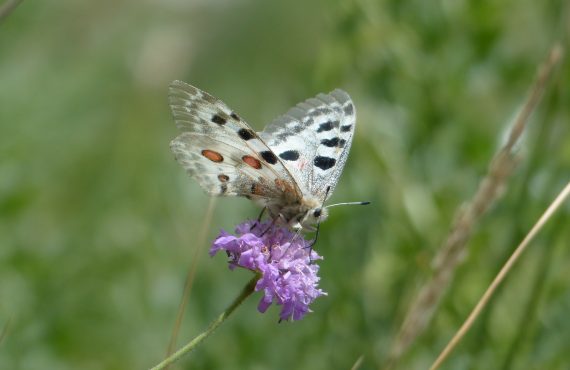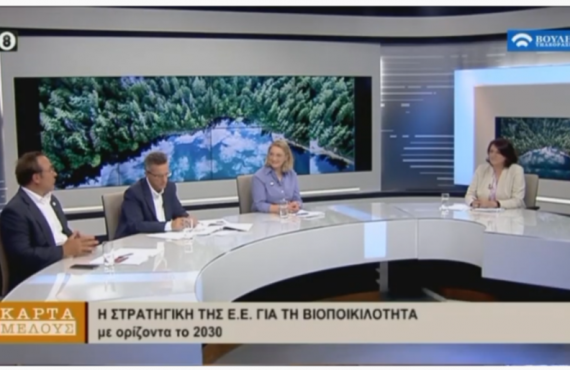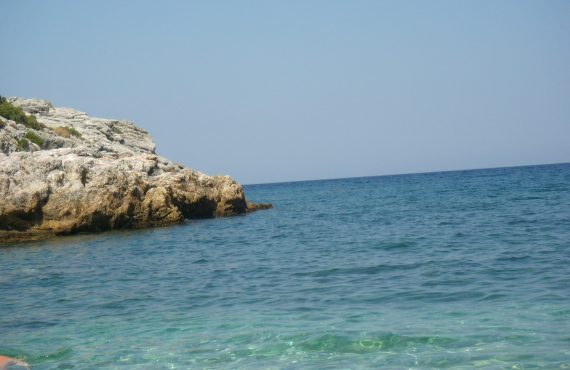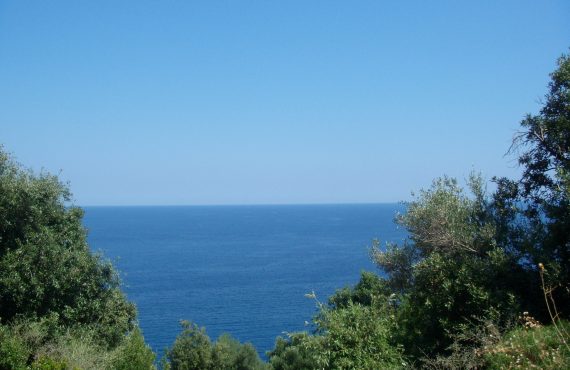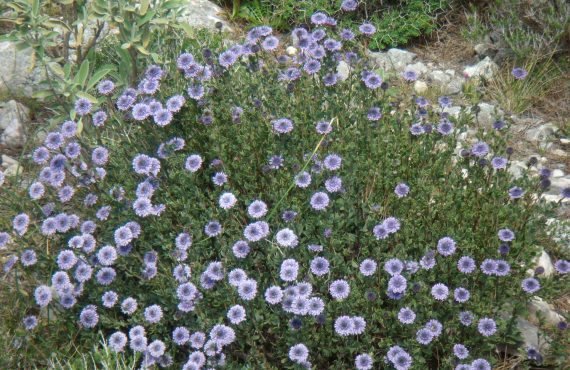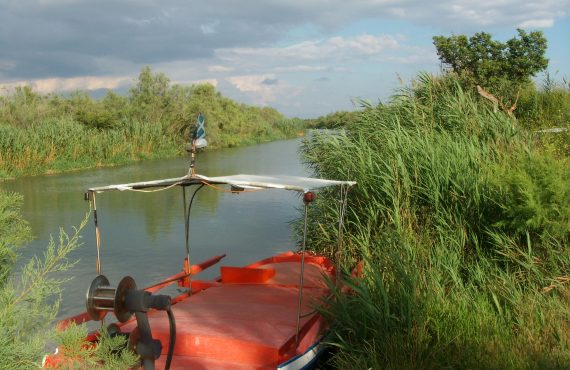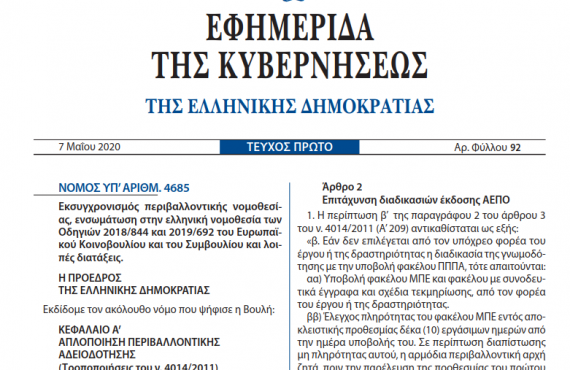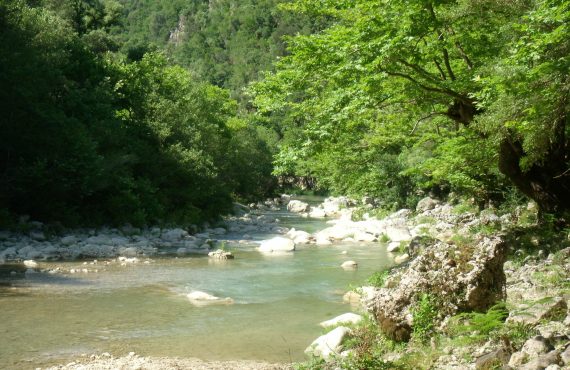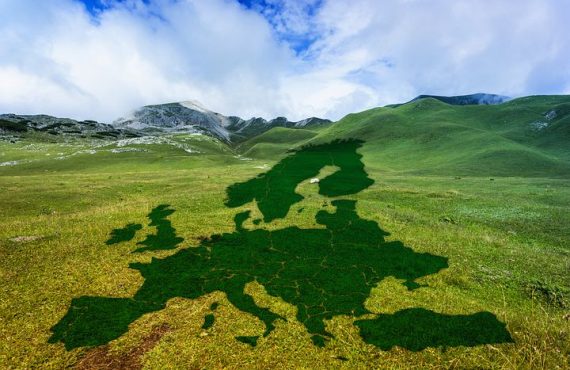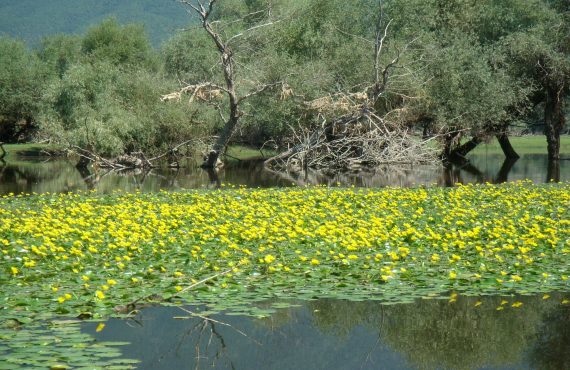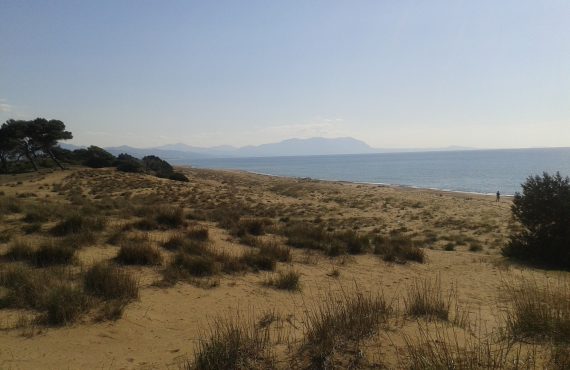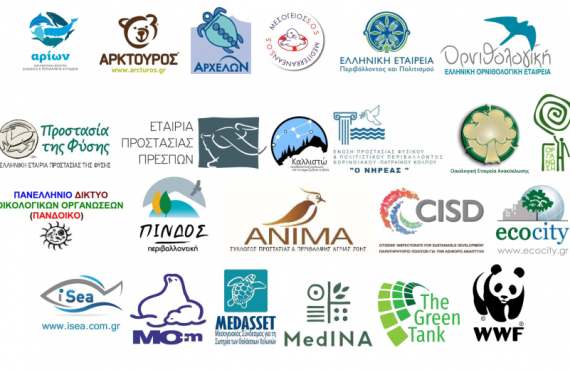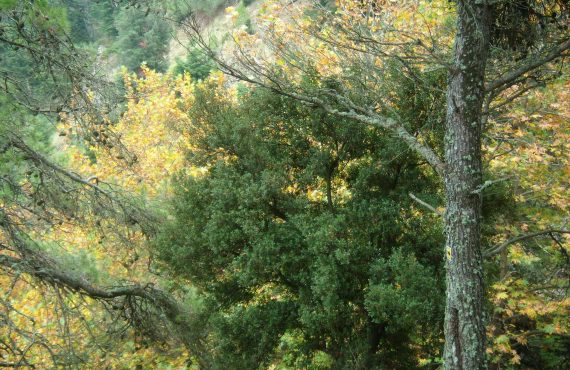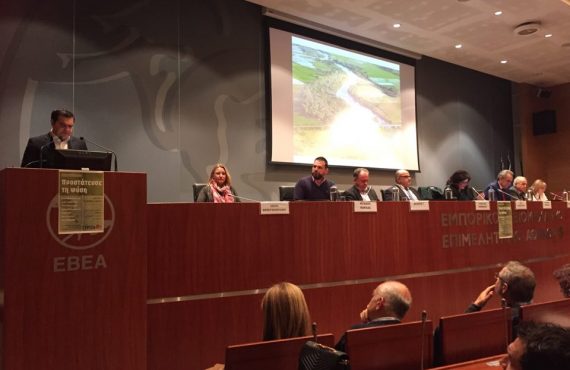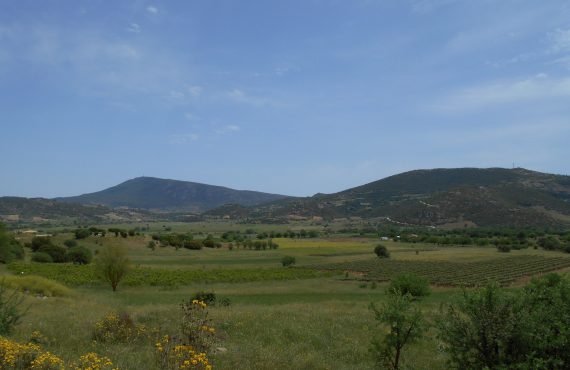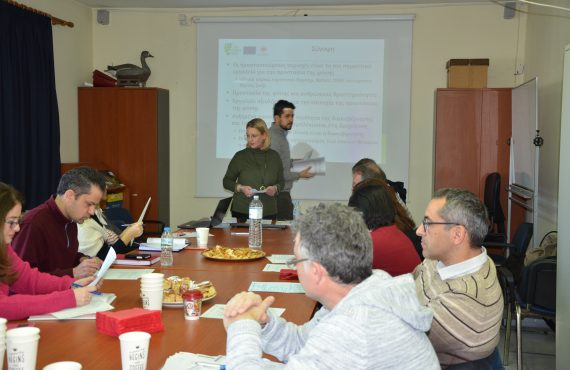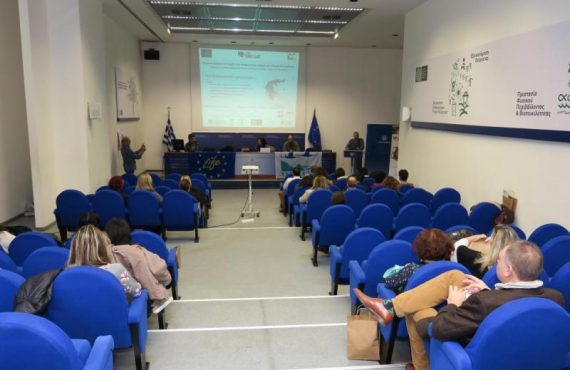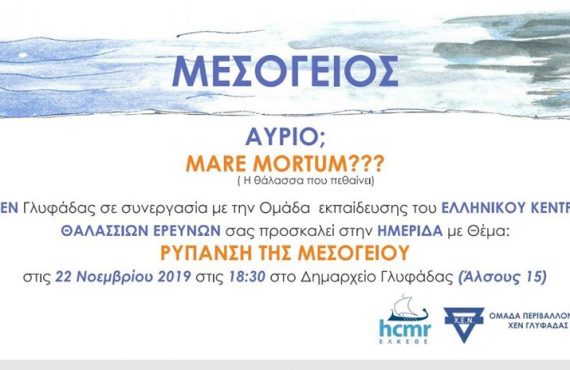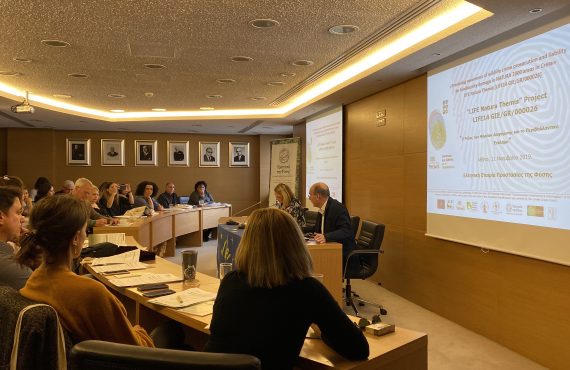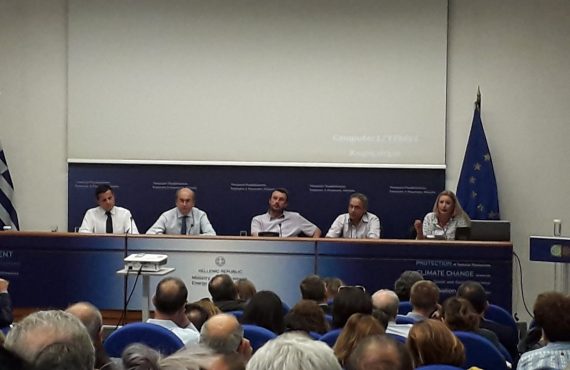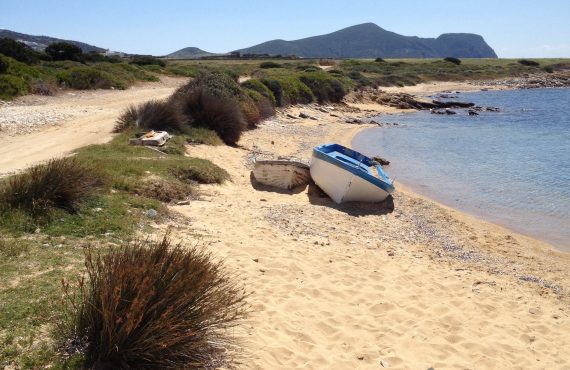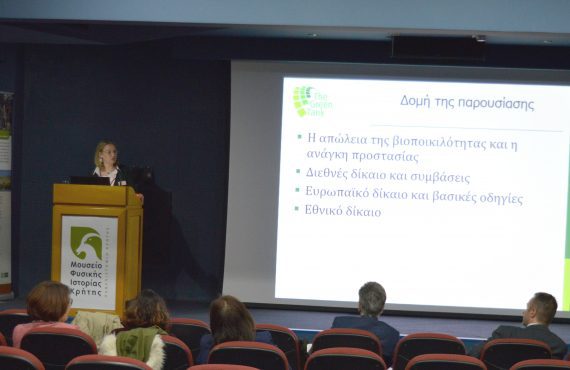Interview of Ioli Christopoulou on nature policy in Greece at a special podcast by the Institute for European Environmental Policy (IEEP) for the World Environment Day. The interview focused on the Green Tank’s recommendations in order to address challenges and make use of opportunities for the country’s biodiversity conservation.
The IEEP coordinates the Think Sustainable Europe network of environmental and sustainability think tanks, of which the Green Tank is a member.
You can listen to interview and read the accompanying blog post on the IEEP’s website:
The way forward and learning from the past: Biodiversity conservation in Greece
To celebrate World Environment Day 2021, we took the opportunity to interview a biodiversity policy expert from one of our Think Sustainable Europe Platform members, The Green Tank from Greece. Ιoli Christopoulou is a partner and policy director at the Green Tank specialising in biodiversity policy and took the time to talk to us about the progress Greece has made in reaching its biodiversity targets and the challenges and opportunities that remain in the upcoming years.
The recent G7 Climate and Environment Ministers meeting reiterated that urgent and concrete action is needed to move towards global sustainability, further mitigate and adapt to climate change, and halt and reverse biodiversity loss and environmental degradation. This includes building back better from the pandemic, and ensuring climate, biodiversity, and the environment are at the heart of COVID-19 recovery strategies and investments. Urgent and ambitious action at all governance levels is critical to make progress: Member States now need to build back better towards a sustainable economy, founded on valuing intact natural capital.
Greece is one of the richest countries in terms of biodiversity in the EU. It hosts the highest number of endemic vascular plants in Europe and is home to a large proportion of the species that are protected at the European level. Greece has designated a protected status to more than 35% of its land area and 19% of its national waters, exceeding the global Aichi target for 2020. With this in mind, we took the opportunity to take stock of the progress Greece has made over the last six years, focusing especially on protected areas, and whether Greece is embedding biodiversity conservation in the COVID-19 recovery.
In line with the global and EU momentum for a 2030 biodiversity policy framework, The Green Tank carried out an assessment of the implementation of Greece’s National Biodiversity Strategy and its Action Plan (2014-2020) and gave concrete recommendations to strengthen the country’s national biodiversity policy. The project was part of the «Priority to nature» project which was implemented by the Green Tank under the Active citizens fund in Greece as part of the EEA Grants 2014 – 2021. Our interview with the Green Tank highlights some of the most important recommendations from this assessment, which Ioli Christopoulou elaborates on in the interview:
- Implement existing legal commitments and develop specific, measurable, and attainable actions, especially for protected areas and specific protected species.
- Align Greece’s conservation approaches with the evolving international nature agenda, for example by focusing on new threats and new conservation approaches and linking landscape and macroscale conservation efforts.
- Ensure the mainstreaming of biodiversity conservation across sectors especially tourism, agriculture and beyond.
- Strengthen the management effectiveness of protected areas, as designation alone is not enough to ensure long-term conservation of species and habitats. Only 4% of the land and 2% of the waters in Greece are under effective management, according to a recent national assessment. Although this in an increase from 1% recorded in 2020, bigger efforts are needed to boost effective, participatory management and complete the designation process of Natura 2000 areas, alongside developing specific conservation objectives and management plans for each protected site.
Securing the protection of Greece’s biodiversity aligned with sustainable use can deliver big opportunities for local sustainable development and the sustainable development goals (SDGs). This has also been shown by IEEP and partners in a recent guidance on how area-based conservation can become a centre piece for delivering wide-ranging sustainability benefits. One personal idea raised by Ioli Christopoulou in the interview is a potential branding identity called ‘Nature Greece’ – a platform of the country’s protected areas to invite year-round tourism and the marketing of sustainable, local products.
Looking to the future, according to Ioli Christopoulou, the upcoming Greek Biodiversity Action Plan has the potential to be more effective, considering the public’s increased awareness of the biodiversity and climate crises and the importance of natural capital for our economy, health, and well-being, as demonstrated by the COVID-19 pandemic. A crucial element will be to ensure that measures are cross-sectoral and that actions to halt the national biodiversity decline are ‘owned’ across ministries and institutions. The timing is opportune given the unprecedented flow of EU funds from the new multiannual financial framework, through the Recovery and Resilience Facility, as well as the future Cohesion and Common Agricultural Policy programmes.
Greece needs to adopt the new Biodiversity Action Plan as a guiding policy for the next decade to give priority to nature conservation, to mainstream biodiversity effectively and secure the nations’ valuable habitats and species and cultural heritage.



